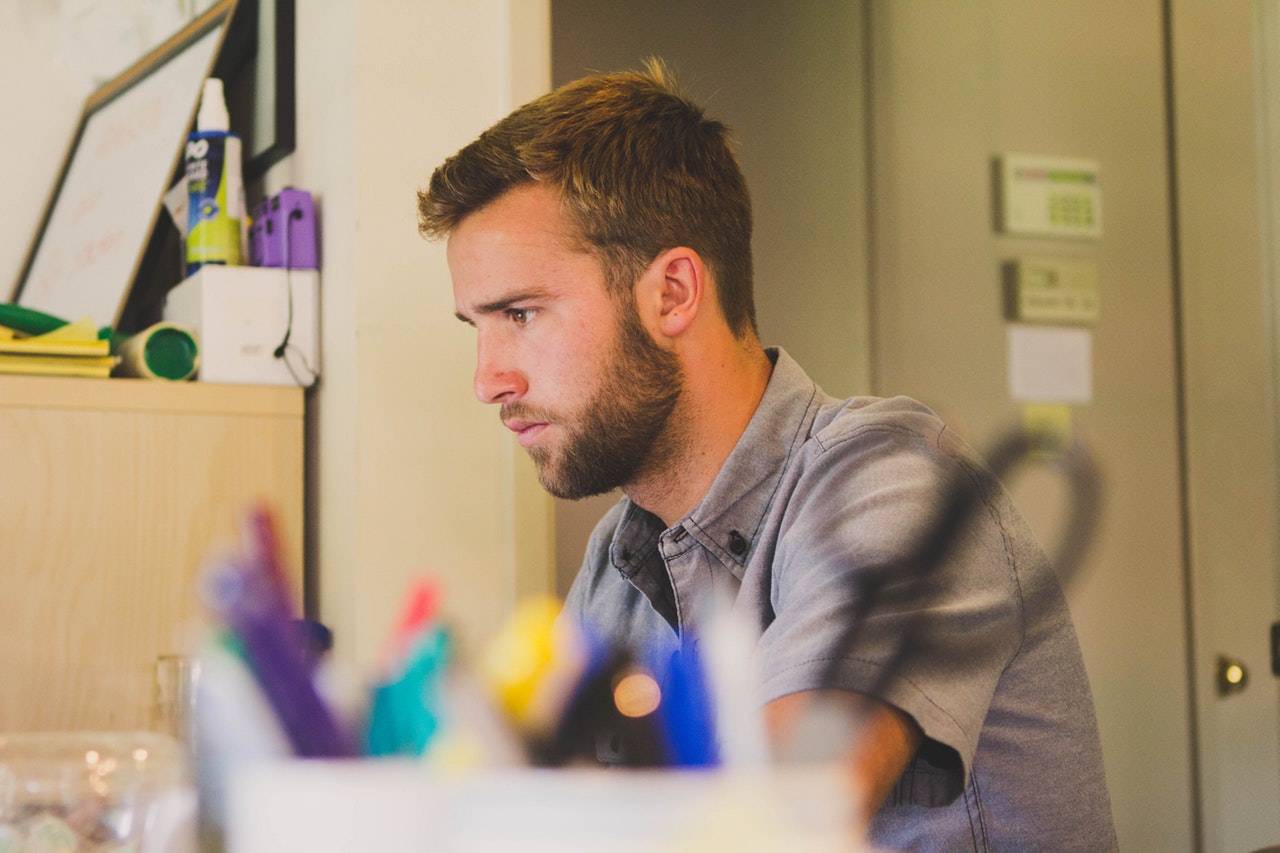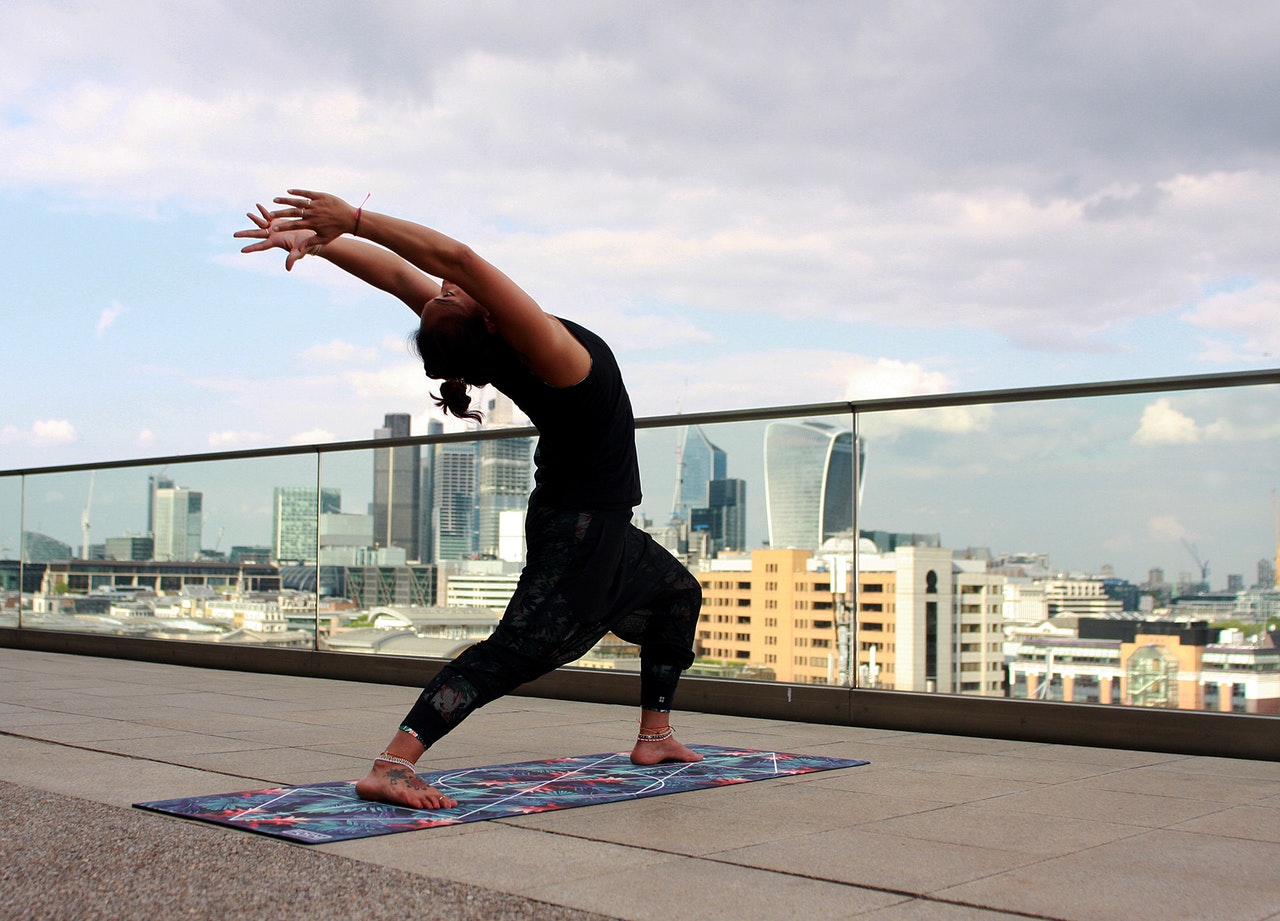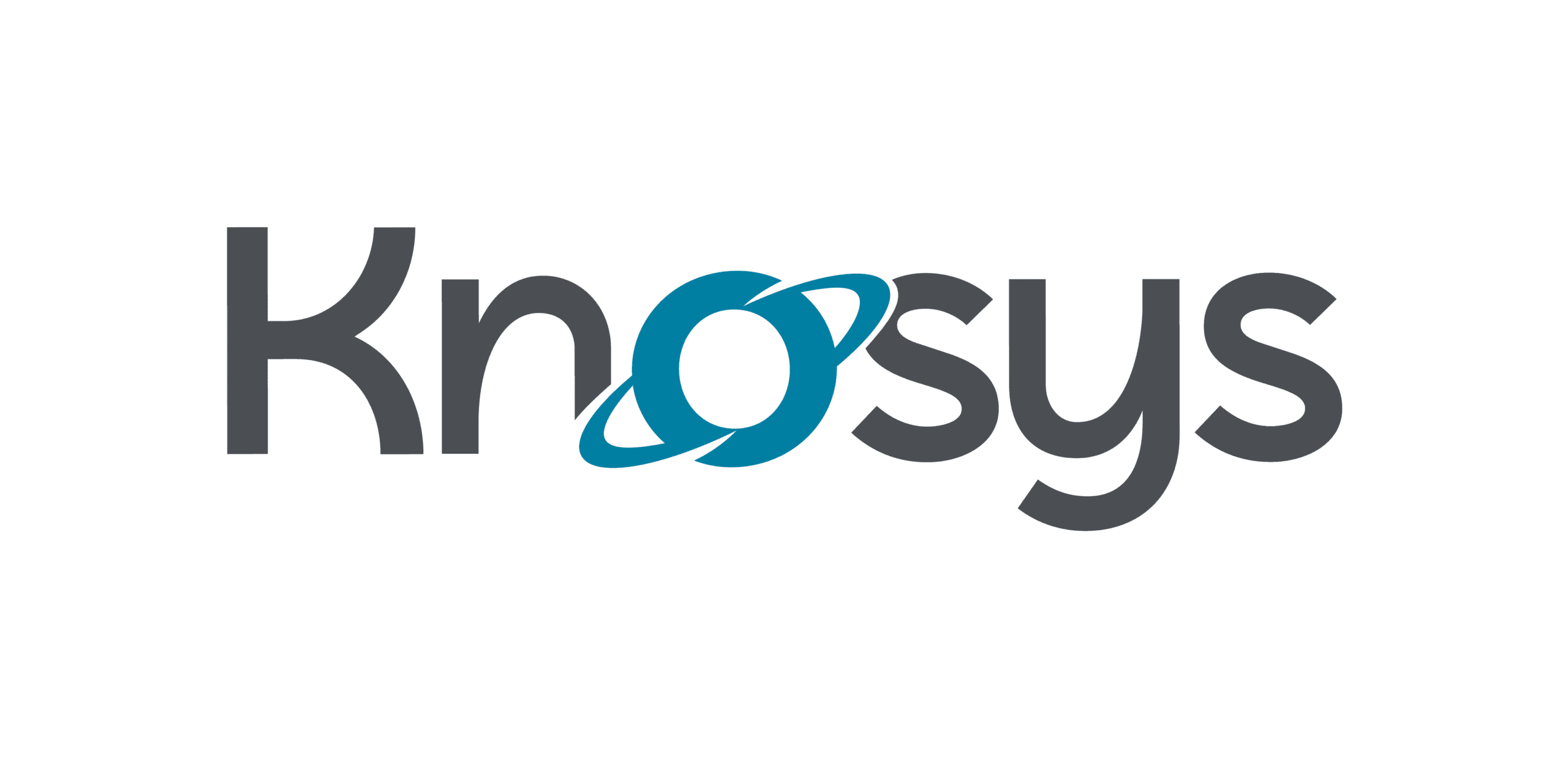We spend a huge chunk of our lives at work, thinking about work, otherwise engaged with workplace activities. We measure ourselves on the performance of our work and strive for that promotion, that raise, that acknowledgement!
Mentally – the pursuit of workplace success is draining and sometimes it triggers a heavy volume of professional and emotional energy that we burn because of who we want our ‘work-selves’ to be. We judge ourselves harshly and we expect to be judged by our colleagues. We’re often on edge, tired or anxious.
As it’s mental health awareness month, we thought it would be a good time to talk about mental health in the workplace and give you some tips on how to recognise when a mental health ‘self-service’ might be required. If you’ve taken your car to the garage or had your hair done recently but can’t remember the last time you ‘checked in’ with yourself mentally – now might just be a good time to treat yourself…and your health.
For employers – it’s also a good time to remember that the mental health of your employees is one of the biggest determining factors in staff turnover and productivity. There are many reasons to look after your people and the investment in doing so will always pay off. Having a checklist handy and reflecting on it from time to time is a good start. After all, empowering employees is about recognising their needs and supporting them by nourishing their knowledge, their aspirations and their sense of achievement.
According to Beyond Blue Australia ‘Almost fifty per cent of employees have left a workplace due to a poor mental health environment, while 60% of employees working in a mentally healthy workplace were more committed to their job’.
With that in mind, one in five Australians (21%) have taken time off work in the past 12 months because they felt stressed, anxious, depressed or mentally unhealthy. Poor mental health costs businesses and their employees all around Australia and the damage that can be done is impossible to put a value on.
Your mindfulness and mental health checklist

Employee Focused:
1) Limit screen time or at the very least, book in your screen breaks every day.
Regulate and make mindful decisions about what and who you choose to follow online. Whilst there are many studies to show anxiety and depression in young people is directly linked to high amounts of screen time, in adults, the argument is more about choosing to filter or at least be aware of what we are choosing to view. Protect your mental well-being by selecting your content with intention.
“Your thread is yours, mine is mine, and we use it to regulate our emotions, to balance facts with fun, in our own idiosyncratic way,’’ (Dr.Byron Reeves talking to the New York Times about the research journal he co-authored titled Human Computer Interaction).
2) Get out and breathe in the air, soak up the sun – at least for a few minutes. Sunshine on the window makes us happy but sunshine on our faces makes us truly energised and ready for anything. Just remember to slip, slop, slap, wear a hat!
3) Give yourself the time to plan so your tasks and your goals are on track. Anxiety breeds when chaos controls our day to day. Breathe, you have got this!
4) Acknowledge the stress in your life and approach it differently. Learning about what triggers your stress and handling chronic stress as a lifestyle change is important to understanding your emotions and your mental health. CEO and Co-founder of Neuroscience led professional and start-up coaching service, Vitae Coach, Shelley Charnley-Laslett says so many companies especially start-ups tend to ‘glorify the hustle’, which is unhealthy and does nobody any good. ‘Stop using ‘the hustle’ as a socially acceptable justification for unhealthy working habits — the crazy hours, lack of downtime, poor work cultures and complete absence of self-care and team care. Being wired and ‘on’ all the time is unhealthy and it is not the hustle. Hustle is focussed, meaningful and mission-driven.’

5) Move, Sleep, Eat, Repeat. Vitae Coach talk about the importance of these elements in their approach ‘This is going to sound really basic, but getting enough exercise, sleep and eating well all significantly decrease your stress, increase your productivity and overall health’. At a professional working level, Charnley-Laslett wants everyone to know that ‘when we integrate any stress reducing strategies on an individual, organisational or industry wide level we start to move stress from the negative to the necessary. We stop blaming and denying. We start owning and changing.’

Shelley Charnley-Laslett @Vitae.Coach
6) Leveling the scale between work life and home life is the impossible balancing act for many people. And for new parents returning to work, the guilt of not getting it right can be completely overwhelming. Limiting your work hours to actual work hours and giving your personal life space and attention, is such an important aspect of maintaining your mental health and staying on task.
Employer focused:
7) Employers can and should help with transitions, personal appointments and the need for a clear distinction between work and personal life. Leaders will assist with the genuine need for balance and should engage employees with a door always open approach to tackling any issues before they become a concern.
8) Build positive relationships at work. You don’t need to be besties with your colleagues but having a healthy working relationship that allow for open dialogue and meaningful communication is far better for your mental health than having team members you can’t speak to or experience success with. Leadership plays an important role in fostering these relationships and that starts with company culture and choosing employees strategically with that culture in mind.
9) The weight of expectation on staff can drag productivity to a halt. Customers expect a level of satisfaction and managers expect a level of performance and sometimes, things just don’t go to plan. Give your employees to tools to do their very best and make sure their performance is acknowledged and rewarded.
10) Provide a safe space for everyone. You’ll never have a workplace where every employee has the same personality and that’s a good thing. Everyone has different skills and different approaches to their work. Introverts are highly functioning and creative people who thrive when their space is quiet, and they are given the space to work autonomously. Extroverts and very outgoing people require more interaction and a chance to exert. Giving both sides of this spectrum what they need in the workplace can be challenging, but it is achievable. Listening is a good place to start.
11) A zero tolerance to workplace harassment and bullying should perhaps be at the top of this list because it seems so obvious but it’s the last point on the list because it should be a reminder to everyone to foster positivity and help nurture and develop confidence and not giving harassment an inch. There’s no place for it in society or the workplace – so look after each other.
12) Lead by example. As a leader, the way you handle stress at work reverberates throughout the organisation. If you’re stressed, anxious and on edge, your employees see it and it puts everyone on edge as a result. Make sure you’re owning your own wellbeing and taking the time to check in with yourself as well. Do something fun with your teams, take a walk on your own – count backwards from 10, do some yoga – whatever it is that centres you. Let yourself feel it, and let it go.
Happy is productive – you don’t need to be an insomniac or workaholic to succeed

The first thing we’re asked when we enter a classroom at age 5 or 6 or even younger is, ‘what do you want to be when you grow up?’
While it’s nice to have youthful ambition, we should really place a healthy mental state higher on the road-map of development.
We’re wired to believe our work is the most important thing, but kids should be learning about what their unique skills are, what they love to do, what makes them smile more than anything.
Imagine the stress you could have avoided if you believed an impressive job title was less important than how well you do your job, and how much you like it! Don’t worry, there’s still a lot more stress to be avoided – start now. Be successful at being happy and then you’ll really start being happy and successful.
Happy people are productive people who dream big and have a soft place to fall and fail – because we all do.
Remember, if you’re struggling with anxiety or depression or are feeling overwhelmed, Beyond Blue offers a fantastic professional service that’s there to help anytime.
There are also some fantastic initiatives such as PukaUp, a social enterprise founded by one of Australia’s leading mental health advocates, Wayne Schwass. And Love Me, Love You, established by another ex-footballer Lance Picioane to help young adults acknowledge and overcome mental illness.
These are great resources that encourage everyone to talk about mental health. Love Me Love You are holding Mindful Walk 2019, this Sunday the 27th October from 10am at Kings Domain, Melbourne in support of mental health so get involved and be the champion of your own well-being.
